Don't hesitate to send a message
How rear hub motor manufacturers accelerate the development of the electric vehicle industry
Content
- 1 How rear hub motor manufacturers promote the development of the electric vehicle industry
- 1.1 Technological innovation drives industrial upgrading
- 1.2 Optimize production processes, reduce costs and improve market competitiveness
- 1.3 Strengthen industrial chain collaboration and promote technology popularization
- 1.4 Environmental protection and sustainable development: promoting green travel
- 2 Challenges and future prospects of rear hub motor manufacturers
With the improvement of global environmental awareness and technological innovation, the electric vehicle industry has ushered in a golden period of rapid development. As a core component of the electric vehicle power system, the rear-drive motor has gradually become a key force in promoting the development of the electric vehicle industry with its unique technological advantages. In particular, rear-drive motor manufacturers are leading the electric vehicle industry to move forward in a more efficient, intelligent and greener direction with their continuous technological breakthroughs, lean production and supply chain optimization.
How rear hub motor manufacturers promote the development of the electric vehicle industry
The role of rear hub motor manufacturers in promoting the development of the electric vehicle industry is not only reflected in technological innovation and product quality improvement, but also in the optimization and upgrading of the entire electric vehicle industry chain. Through efficient drive systems, better production processes and industrial collaboration, rear hub motor manufacturers are driving the ecological evolution of the entire industry.
Technological innovation drives industrial upgrading
Technological innovation is the core driving force for rear hub motor manufacturers to promote the development of the electric vehicle industry. As one of the core components of electric vehicles, the performance of the rear-drive motor directly determines the power output, control experience and energy efficiency of the vehicle. Therefore, rear hub motor manufacturers have been committed to technological innovation, striving to achieve breakthroughs in motor power density, efficiency, weight and drive system integration.
For example, many leading rear hub motor manufacturers have begun to adopt permanent magnet synchronous motors, which have high efficiency and power density, can reduce the size and weight of the motor, and improve power output. The emergence of integrated electric drive systems has further improved the overall efficiency of the system, integrating key components such as motors, battery management systems and controllers in one module, thereby effectively reducing the complexity and production costs of the system.
Rear hub motor manufacturers are also constantly innovating in motor cooling technology, material selection and energy recovery systems to improve the endurance and driving experience of electric vehicles. These technological innovations not only improve the performance of rear-drive motors, but also enable electric vehicles to find a balance between high efficiency output and long endurance, meeting consumers' demand for higher performance of electric vehicles.
Optimize production processes, reduce costs and improve market competitiveness
With the continuous growth of demand for electric vehicles, the production scale of rear-drive motors has gradually expanded, and production costs have become a huge challenge for manufacturers. While innovating in technology, rear hub motor manufacturers are also working hard to reduce costs by optimizing production processes to enhance the market competitiveness of electric vehicles.
Many manufacturers are adopting automated production lines and precision manufacturing technologies to improve production efficiency and reduce production errors. Through these advanced technologies, rear hub motor manufacturers are able to achieve high-precision and high-efficiency mass production, reduce labor costs, and ensure product consistency and reliability.
Material optimization and lightweight design are also important means for rear hub motor manufacturers to reduce costs and enhance competitiveness. More and more rear-drive motors use lightweight materials such as aluminum alloys and high-strength composite materials, which not only reduces the weight of the motor itself, but also improves the energy efficiency of the vehicle, thereby extending the range of electric vehicles.
Strengthen industrial chain collaboration and promote technology popularization
The production of rear-drive motors not only depends on the technology of the motor itself, but also requires a lot of technical collaboration with related fields such as batteries, electronic control systems and body manufacturing. Rear hub motor manufacturers are well aware of this, so they actively strengthen cooperation with upstream and downstream companies to promote the integration and optimization of the industrial chain.
For example, in terms of electric vehicle battery technology, rear hub motor manufacturers work closely with battery manufacturers to ensure efficient cooperation between batteries and electric motors. The energy density, charging speed and service life of the battery directly affect the endurance performance of rear-wheel drive electric vehicles, while the power output, efficiency and temperature control performance of the motor also determine the service life and safety of the battery. Therefore, rear hub motor manufacturers need to establish a deep cooperative relationship with battery suppliers to jointly promote the overall performance improvement of electric vehicle power systems.
In addition, with the continuous formulation and improvement of industry standards, rear hub motor manufacturers are also actively involved in the formulation of relevant standards and specifications. Standardization not only helps to improve the overall quality level of the electric vehicle industry, but also helps to promote the popularization of technology, so that more consumers can experience efficient, intelligent and safe electric travel.
Environmental protection and sustainable development: promoting green travel
With the continuous tightening of global environmental regulations, rear hub motor manufacturers are also constantly working to reduce the environmental impact of their products and promote the development of green electric travel. The high efficiency of rear-wheel drive motors makes them a key link in reducing energy consumption and emissions. By optimizing the efficiency and power density of the motor, the rear-wheel drive motor can reduce the burden on the environment while ensuring efficient output.
In addition, many rear hub motor manufacturers also strictly follow environmental protection requirements during the production process, reduce carbon emissions and resource waste in production, and promote the electric vehicle industry to develop in a more sustainable direction. Through these measures, rear hub motor manufacturers have not only improved the environmental performance of their products, but also provided a solid foundation for the popularization of electric travel around the world.
Challenges and future prospects of rear hub motor manufacturers
Although rear hub motor manufacturers have made remarkable achievements in promoting the development of the electric vehicle industry, with the intensification of market competition and the diversification of consumer demand, rear hub motor manufacturers still face some challenges.
The demand in the electric vehicle market is becoming increasingly complex, and consumers have higher and higher performance requirements for electric vehicles. Rear hub motor manufacturers must not only meet performance requirements in terms of endurance, acceleration, and control, but also pay attention to the technical upgrades of intelligence and automation to adapt to the future development trend of electric vehicles.
The intensification of global market competition forces rear hub motor manufacturers to reduce production costs and improve production efficiency while ensuring high performance. How to reduce product costs while improving technology is still an important task for rear hub motor manufacturers.
Behind the challenges also means huge development opportunities. As the electric vehicle industry continues to mature, rear hub motor manufacturers are expected to further enhance their market competitiveness through technological innovation, cost control and industrial collaboration. In the future, rear-drive motor technology will continue to develop in the direction of high efficiency, intelligence and greenness, providing more reliable power support for global green travel.
-
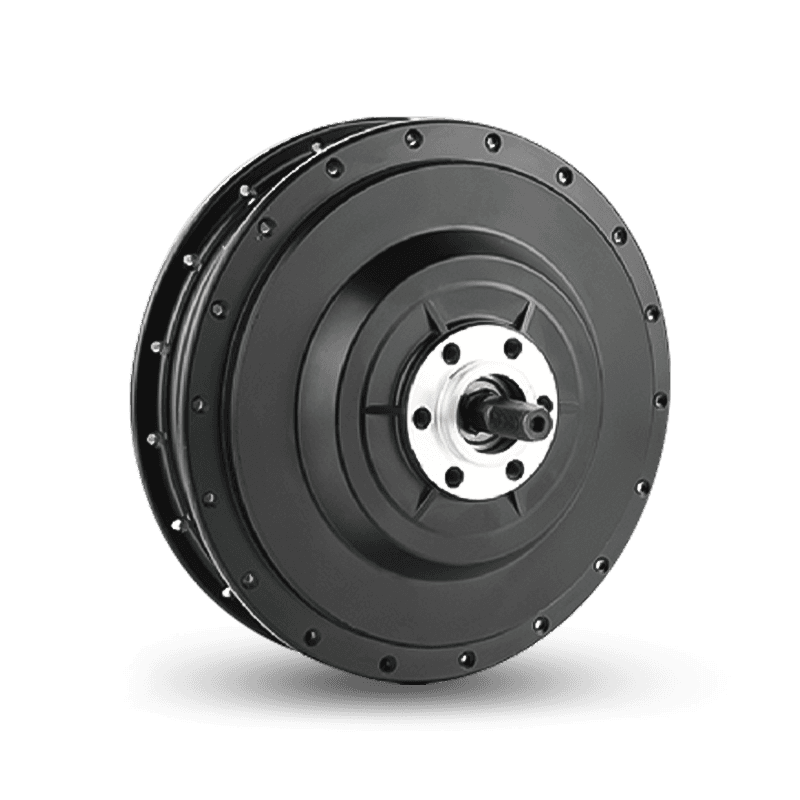 E-Type F500 Front Hub Motor
E-Type F500 Front Hub MotorThe E-Type F500 front hub motor is designed for E-Cargo and E-MTB bikes, offerin...
-
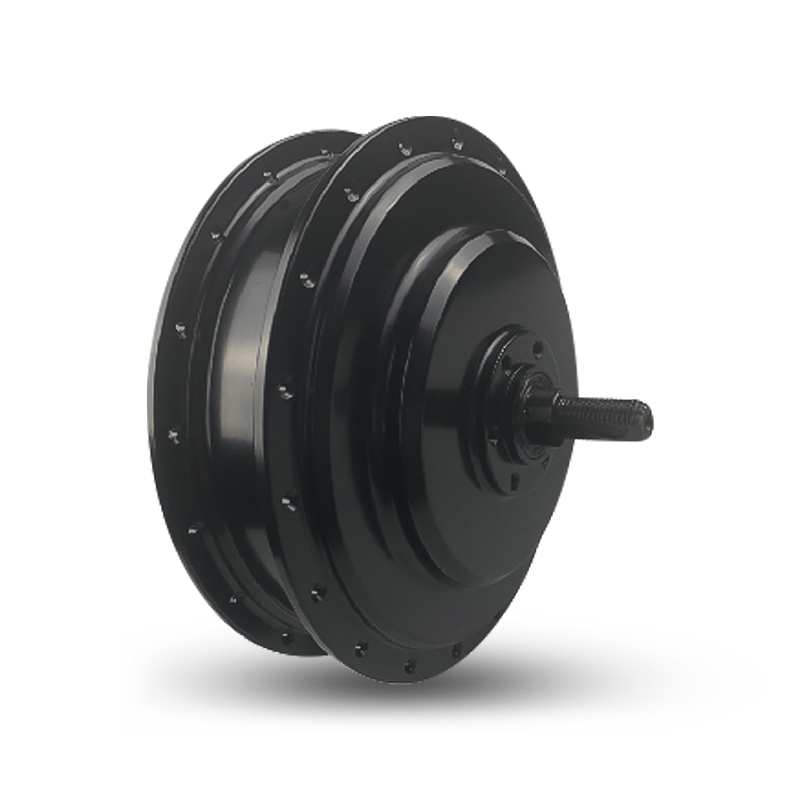 E-Type Pro RC750 Rear Hub Motor
E-Type Pro RC750 Rear Hub MotorThe E-Type Pro RC750 Rear Hub Motor is designed for E-Cargo and E-MTB bikes, com...
-
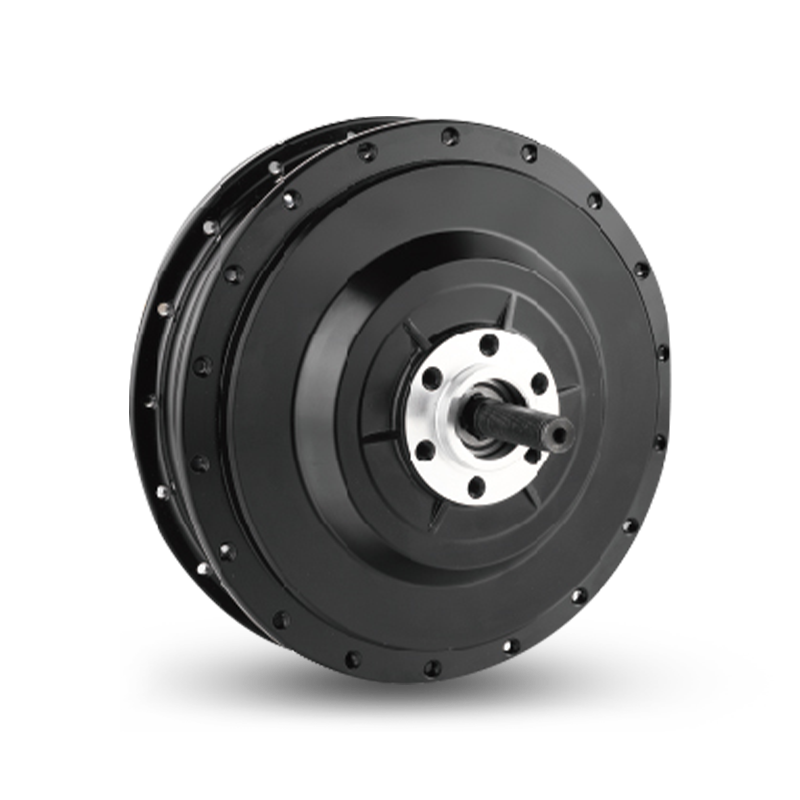 E-Type RF500 Rear Hub Motor
E-Type RF500 Rear Hub MotorThe E-Type RF500 Rear Hub Motor is designed for E-Cargo and E-MTB bikes, compati...
-
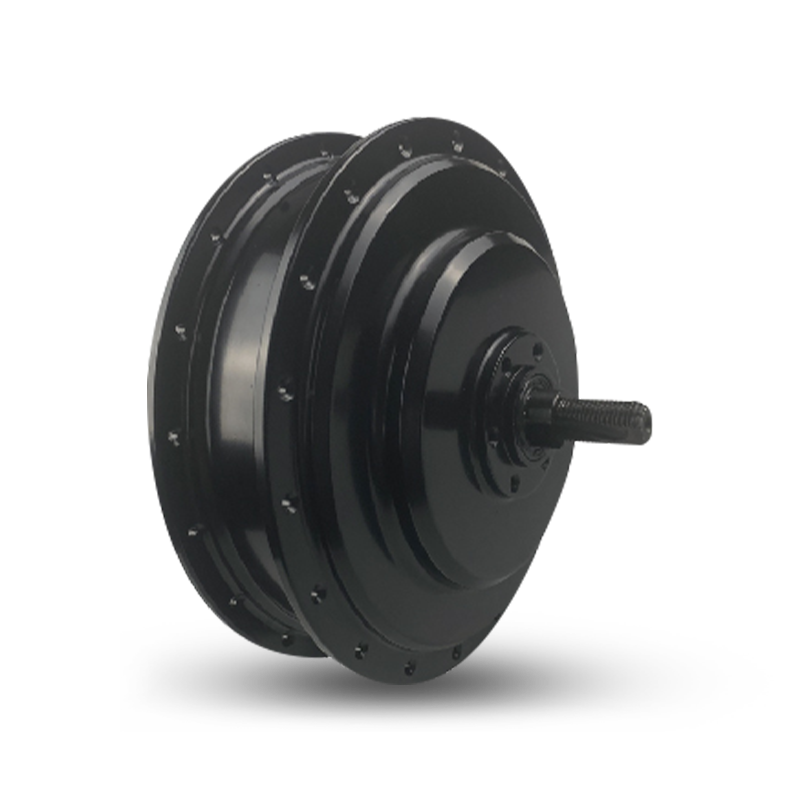 E-Type Pro RF750 Rear Hub Motor
E-Type Pro RF750 Rear Hub MotorThe E-Type Pro RF750 Rear Hub Motor is designed for E-Cargo and E-MTB bikes, com...
-
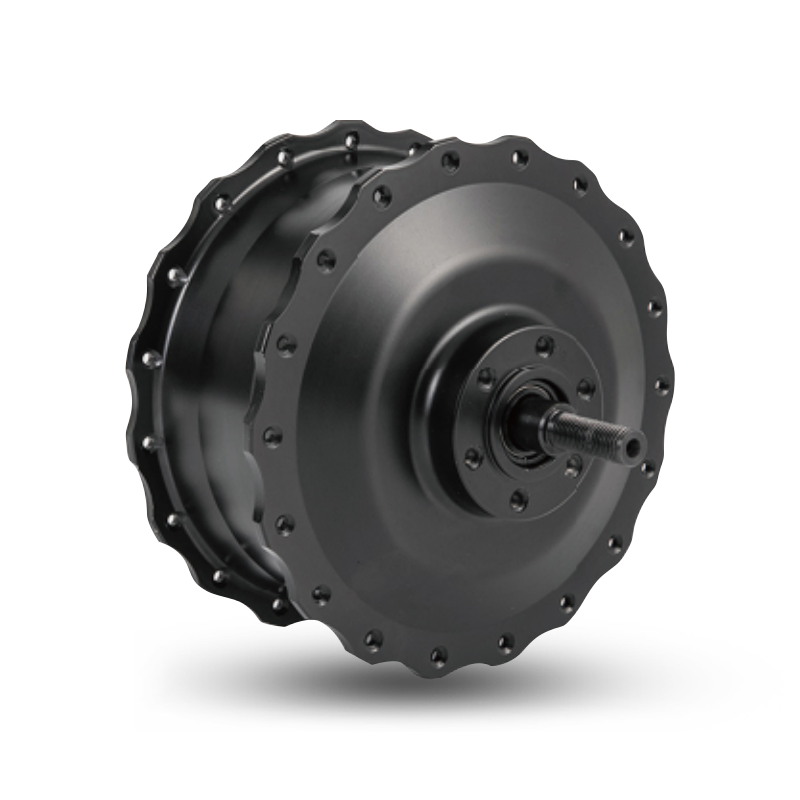 S-Type Pro F1500 Front Hub Motor
S-Type Pro F1500 Front Hub MotorThe S-Type Pro F1500 front hub motor, designed for E-Carao and E-Fat bikes, offe...
-
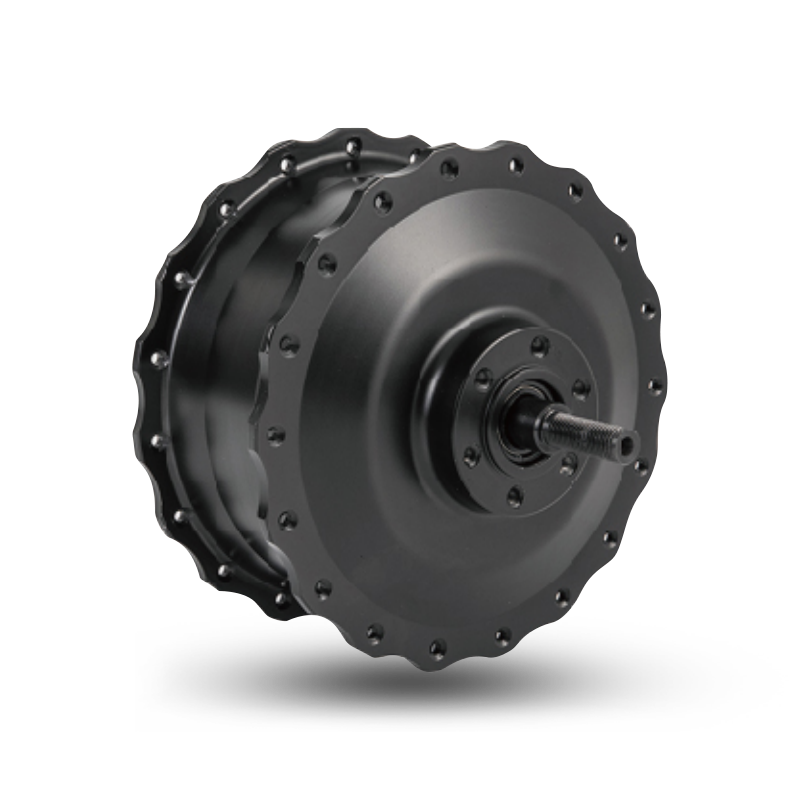 S-Type F750 Front Hub Motor
S-Type F750 Front Hub MotorS-Type F750 is designed for E-Cargo and E-Fat. The rated power ranges from 500W ...
-
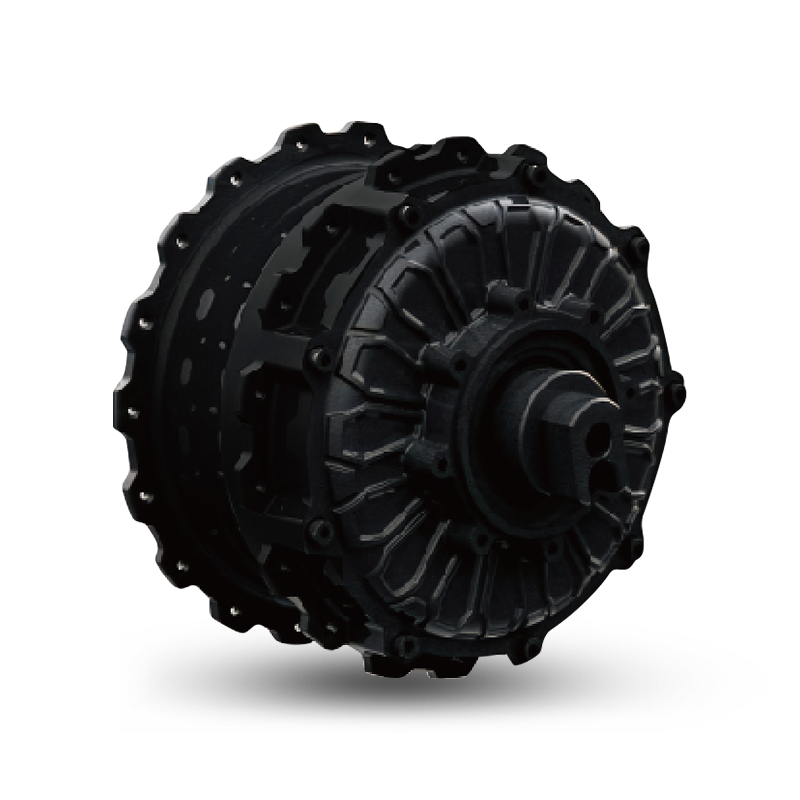 S-TYPE Max THRU AXLE Rear Hub Motor
S-TYPE Max THRU AXLE Rear Hub MotorThe S-TYPE Max thru-axle motor is designed for E-Fat, Moped, and Cargo applicati...
-
 C-Type R350 Rear Hub Motor
C-Type R350 Rear Hub MotorThe C-Type R350 Rear Hub Motor, designed for city e-bikes, offers a rated power ...
If you are interested in our products, please consult us
- Address:No. 3 Dingqiao Rd, Jiangshan Town, Yinzhou District, Ningbo, Zhejiang Province, China
- Phone: +86 13806662915
- Email: K.zhang@hengtai-cn.com



 English
English 中文简体
中文简体